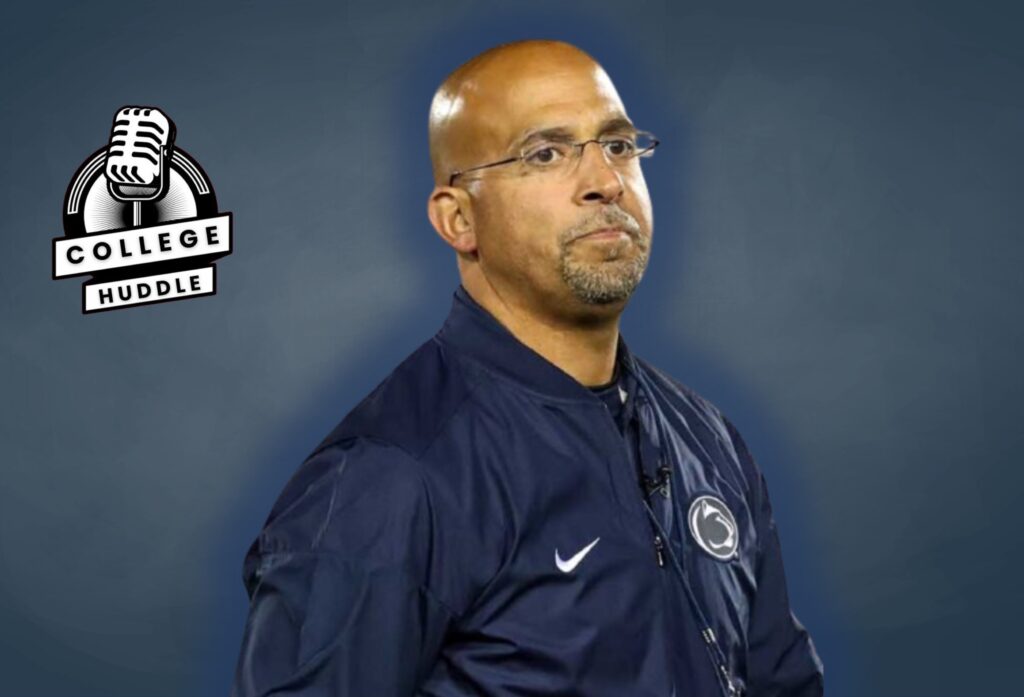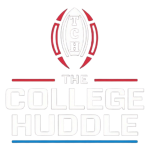
James Franklin's Black Eye
James Franklin and Penn State University are not required to pay the $5.25 million that a Dauphin County jury awarded to a fired football doctor. Instead, Penn State Health and Dr. Kevin Black, who dismissed the doctor from his team roles, are responsible for the payment.
Dr. Scott Lynch, who was removed as the orthopedic consultant to the football team and director of athletic medicine at Penn State in 2019, won the case. This outcome reflects poorly on the reputation of the Nittany Lion head coach.
After the verdict, Lynch acknowledged that the head coach was central to the case but emphasized a broader goal. Lynch, a former National Champion wrestler for Penn State, turned 63 on the day of the verdict and has been in a five-year legal battle. He stated, “It’s not just James Franklin. This is about college sports and protecting college athletes. That’s what it’s always been about for me.”
During the seven-day trial, Franklin’s name and alleged actions were frequently mentioned, even though he and Penn State Athletics were dropped from the case earlier due to a filing deadline technicality. Lynch claimed his removal from the football roles was due to his repeated disagreements with Franklin over medical decisions regarding injured players since Franklin took over in 2014. Lynch argued he was fired because he refused to let a coach interfere with his medical treatment decisions.
Despite Franklin being a key figure in the case, the defense did not call him to testify. After the verdict, defense attorney Sarah Bouchard and Dr. Black, who delivered the news of Lynch’s replacement, declined to comment.
Lynch’s attorney, Steven Marino, argued that Franklin had a significant role in Lynch’s dismissal. He pointed out that a similar situation happened in 2013 with former football doctor Wayne Sebastianelli, who was removed at the request of the head coach at the time. Marino suggested that at Penn State, head coaches influence decisions about team doctors more than the orthopedic department directors or health systems.
Throughout the trial, Marino highlighted Franklin’s frustration with injured players not practicing and being medically ruled out of games. He questioned why Franklin was not called as a witness, suggesting the defense did not want him to explain his actions and motives under cross-examination.
In her closing arguments, Bouchard defended the removal of Lynch, stating he was not fully committed to his Penn State duties. Marino countered that Lynch’s dismissal was retaliation for his disputes with Franklin over medical decisions. He argued that the reasons given for Lynch’s removal were a cover-up to protect the head coach.
Marino expressed disappointment that the jury’s verdict did not impose a more substantial punishment on Penn State Health, believing it would not change the institution’s behavior.
When asked about the impact of the verdict on Franklin, Marino said, “Coach Franklin wasn’t my target.” However, the case frequently placed the head coach in the spotlight.




